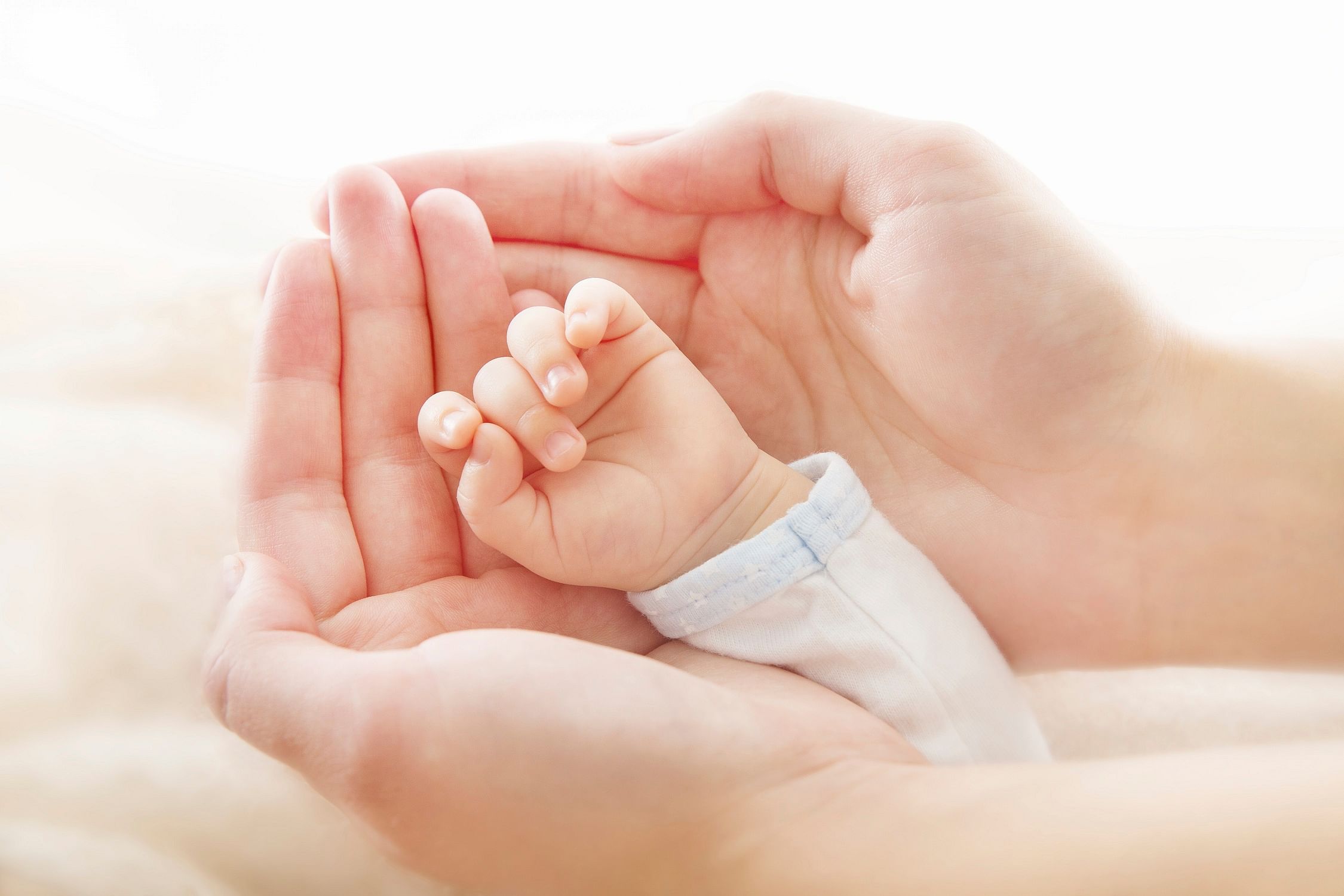
The treatment of women in our society, from the very beginning of civilisation right up to current times has been a topic of eternal debate, especially in India. From the time they are born, women are treated differently from men owing to the deep gender bias entrenched in the patriarchal mindset of our society.
In India even today, a daughter’s birth is celebrated less than a son’s, a girl child’s education is secondary to that of her brother, a wife has to juggle the responsibilities of home and raising the children along with other responsibilities.
Even in the most educated and privileged spheres of society, these notions manifest in many ways. One of the aspects which are most affected is the holistic health of women, especially in terms of having timely and equal access to healthcare.
Ask a woman whose children are now adults about the time she received last received medical care, and usually, the response is the time of her pregnancy and birth of her children. Unfortunately, before and after pregnancy, there is rarely any kind of preventative or diagnostic treatment unless it is red flagged by an emergency.
Behavioural change
The breaking of “good news” in Indian families triggers a certain behavioural change, when an expecting mother suddenly begins to receive previously dormant attention and care from her entire family. All of a sudden, she is the recipient of extra love and her loved ones bend over backwards to fulfill her needs and desires.
With the hopes of an entire family — whom she was conditioned to prioritise before herself —riding on her womb (!), a woman’s health suddenly matters as she takes on the role of nurturing a baby inside her. Once she has successfully given birth to her child and the role of a lactating mother is over, her health and well-being take a backseat again.
The woman (and the mother) is lost in caring for her children and attending to the needs of her husband, parents, in-laws, friends, employees, neighbours. Juggling these multiple roles takes over her life.
And yet what we as women fail to realise is that if the juggler collapses, no balls remain in the air. The limited focus on the health of a woman and of a mother within the folds of the family remains a major challenge.
Going by experience and assuming that a mother receives the best care during her pregnancy, it would be interesting to see what government data has to say about mothers accessing healthcare in urban centres of the country.
As per the latest National Family Health Survey reports, around 30% of mothers in urban India did not undergo any antenatal check-up in the first trimester. Only 40.8% of mothers consumed acid for 100 days or more when they were pregnant.
Over 34% of urban mothers in India had less than four antenatal visits during pregnancy. This, despite the fact that over 88% children had institutional births, with the public and private healthcare facilities sharing almost equal responsibility.
Ignorance, social stigma and patriarchal bias continue to play a major role in keeping women away from accessing healthcare facilities regularly. In the 21st century, it is important to emphasise that becoming a mother is beautiful but the existence of a woman matters beyond motherhood. We matter beyond our uterus’ ability to produce a child.
Beyond motherhood
Evolution has gifted women the power of birth, a gift to be treasured and one that ensures the continuity of our species. But even in the 21st century, it becomes essential to re-establish the fact that care needs to be extended to men and women alike during all life stages. Women’s health and wellness need to become a priority for herself and her family.
Timely access to quality healthcare and wellness services can’t be delayed, or by implication denied, to over 48% of India’s population comprising of females. So it is about time that we change our mindset and as women make our own health a priority. And if you are a man who loves a woman, be it your mother, wife, sister or daughter, encourage her to make her well-being her first focus.
(The writer is COO, Fortis, Lafemme)